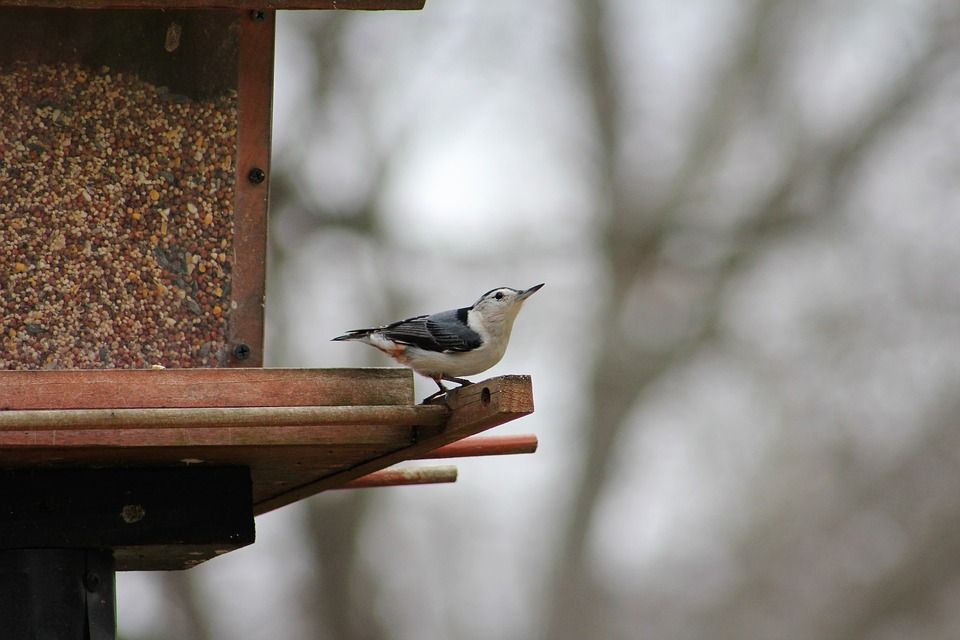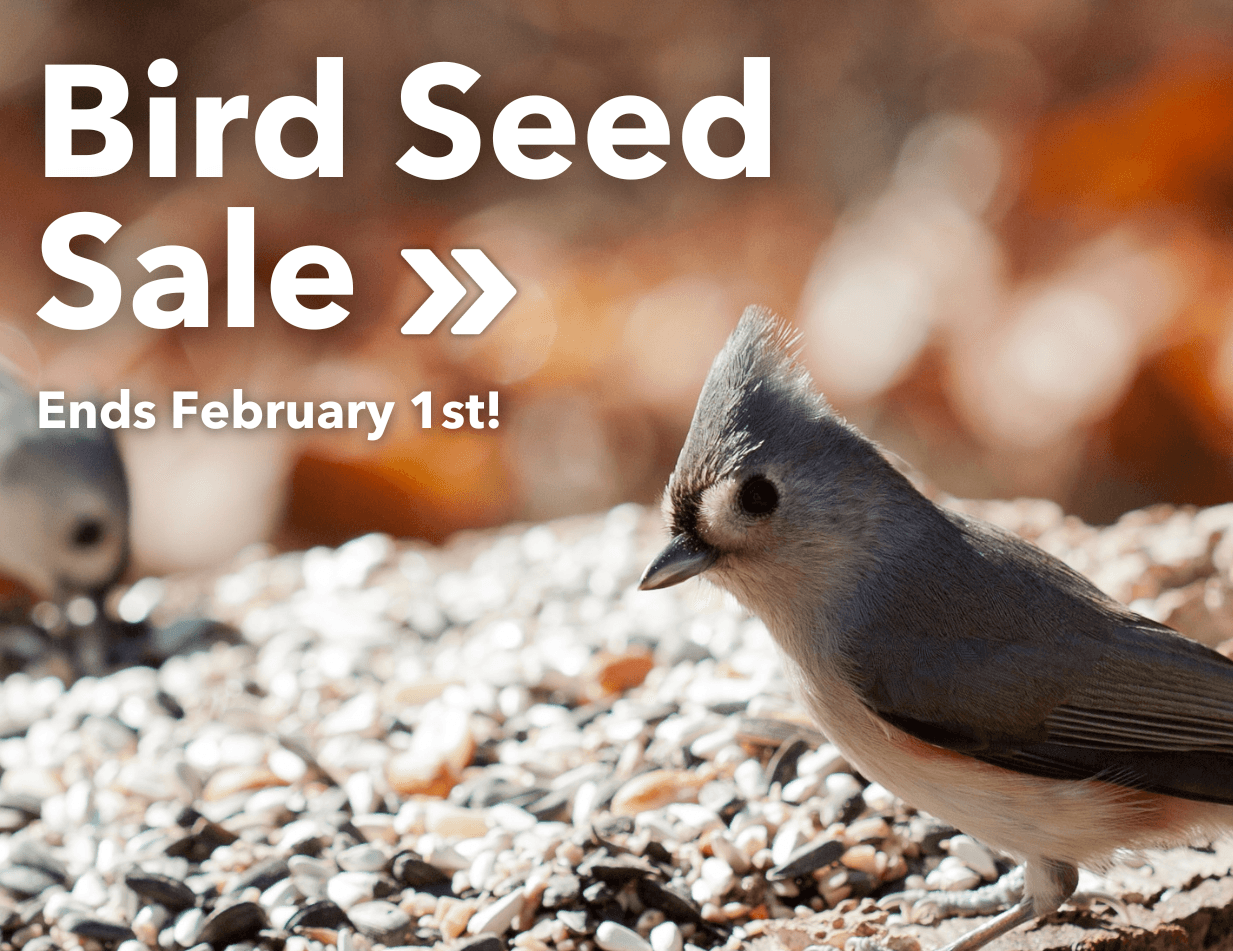
February 3, 2020
Updated January 27, 2025
Brrr Feeding! Tips to Help Birds During Winter Weather
The Audubon Society of Rhode Island shares tips for providing healthy options for birds and dispels some of the negative myths about feeding our feathered friends.
Use dry, fresh birdseed
Don’t use clumpy or tangy-smelling seeds, which are indications that the seed has gone bad. Hungry birds might still consume rancid seed, which can be a source of salmonella or cause infection.
Foods that humans enjoy are not always healthy for birds
Offer popular seeds like sunflower, nyjer (thistle), good quality seed mixes, suet, safflower and cracked corn. Don’t offer processed foods like bread, crackers or other baked goods. Avian digestive systems cannot process cooked food and it will not provide them with proper nutrition.
Keep Those Feeders Clean
Although the current strain of avian influenza (H5N1) is of low risk to songbirds, regular cleaning of bird feeders is always a good practice. It minimizes the chance of spreading diseases and discourages mold and mildew growth. Be sure to let the feeder dry completely after a good wash in a warm bleach or vinegar and water solution. Check out our video on how to properly clean your feeders.
Don’t worry about going on vacation. The birds won’t starve.
Birds find only about 25% of their diet at feeders and do not become dependent on your offerings. Birds have been feeding themselves for millions of years without our help. They are adaptable and will move on to forage in other places when one food source is no longer available. However, consistent feeding is not a bad thing, especially during winter– if you plan to be gone for an extended period, it doesn't hurt to consider enlisting a neighbor or local entrepreneurial teen to keep your feeders filled for you!
An open-source of water in winter can be a huge help
Offering a source of water after harsh storms or in extreme cold can be a huge benefit to birds. A simple, low-wattage birdbath heater can be just enough to keep a water source from freezing.
Birds won’t choke on peanut butter
Peanut butter offers protein and fat that insect-eating birds might seek. Vegetable shortening is also an option for those with peanut allergies.
Place Feeders Near Trees or Shrubs (bonus points for native plants!)
- Birds are more likely to feed where they can quickly seek shelter from wind, weather and predators. Most birds will shun a feeder that is too far in the open and away from a source of safety.
- Consider planting native plant species - even a single native host plant can do wonders for providing birds with native seed food sources, and/or attracting beneficial insects which are food for birds.
Other Visitors to Your Feeder
- Predatory birds such as hawks will often also forage at feeders, and not for seed. Be prepared to feed ALL the birds– nature’s food chain won’t stop at your feeder.
- If unwanted critters such as rodents, foxes, or coyotes are foraging at your station, suspend feeding for two weeks or more. Many animals eat seed, but removing a food source for several weeks will often break their habit of visiting certain destinations for food.
Who should NOT feed birds?
- If you have an outdoor cat, please either put them inside while feeding birds, or don’t feed birds at all.
- During the current avian influenza outbreak, you should not feed birds if you keep flocks of chickens or ducks.
Backyard birding can provide hours of enjoyment in the winter, with the added benefit of helping birds survive the most challenging months of the year. Go ahead and keep filling up those feeders – our feathered friends are sure to keep you company this winter and will appreciate healthy options to keep them well-nourished as they brave the harsh weather found in New England.


















